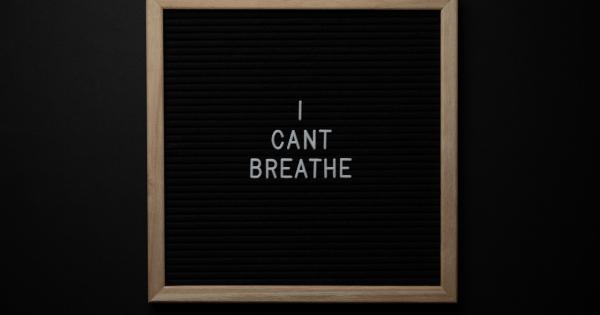Many people experience physical pain and emotional pain at some point in their lives. Painkillers are often used to alleviate physical pain, but they can also be used to alleviate emotional pain.
This article will explore the link between painkillers and depression and provide strategies for healing the hurt.
What are Painkillers?
Painkillers are medications used to alleviate physical pain. They work by binding to specific receptors in the brain and blocking the transmission of pain signals. There are three main types of painkillers:.
- Nonsteroidal anti-inflammatory drugs (NSAIDs)
- Acetaminophen
- Opioids
How do Painkillers Affect the Brain?
Painkillers bind to specific receptors in the brain, which decreases the transmission of pain signals. However, painkillers can also affect the levels of neurotransmitters in the brain.
Neurotransmitters are chemicals that transmit signals between brain cells and are involved in regulating mood, sleep, and other bodily functions.
Opioids, in particular, bind to opioid receptors in the brain, which can lead to a release of dopamine. Dopamine is a neurotransmitter that is involved in regulating pleasure, reward, and motivation.
Increasing dopamine levels can lead to feelings of euphoria and can reinforce drug-seeking behavior.
Can Painkillers Cause Depression?
Research has shown that long-term use of opioids can increase the risk of depression. Chronic pain itself can also lead to depression, and painkillers may only provide temporary relief.
Delayed treatment of depression can result in difficulties in work, home, and social life.
Moreover, painkillers can be addictive, and the withdrawal symptoms can range from mild to severe. The symptoms of withdrawal can cause depression and anxiety. They can start within hours of the last dose and include:.
- Anxiety
- Irritability
- Nausea and vomiting
- Muscle aches and pains
- Insomnia
- Depression
Why Do People Use Painkillers to Treat Emotional Pain?
Emotional pain can be just as debilitating as physical pain. Painkillers can provide temporary relief from emotional pain by changing the brain’s chemistry.
Many people believe that using painkillers for emotional pain can help them cope better with life’s challenges.
However, using painkillers for emotional pain can be dangerous. Painkillers are not a sustainable solution to emotional pain, and they can have long-term effects on the body and mind.
Alternatives to Painkillers for Emotional Pain
There are many alternative strategies for healing emotional pain that do not involve painkillers. These include:.
- Therapy
- Mindfulness meditation
- Exercise
- Aromatherapy
- Acupuncture
How to Safely Use Painkillers for Physical Pain
If you are using painkillers for physical pain, it is important to use them safely. Follow these guidelines to prevent dependence and addiction:.
- Use painkillers only as prescribed by your doctor
- Do not take more than the recommended dose
- Do not take painkillers more frequently than prescribed
- Do not mix painkillers with alcohol or other drugs
- Do not crush or snort painkillers
- Dispose of unused painkillers safely
- Consult your doctor before decreasing or stopping the use of painkillers
Conclusion
Painkillers can provide temporary relief for physical pain, but they should not be relied upon to deal with emotional pain. Painkillers can cause depression, and they can be addictive.
There are many alternative strategies for healing emotional pain that do not involve painkillers. If you are using painkillers for physical pain, it is important to follow your doctor’s instructions and use them safely.




























